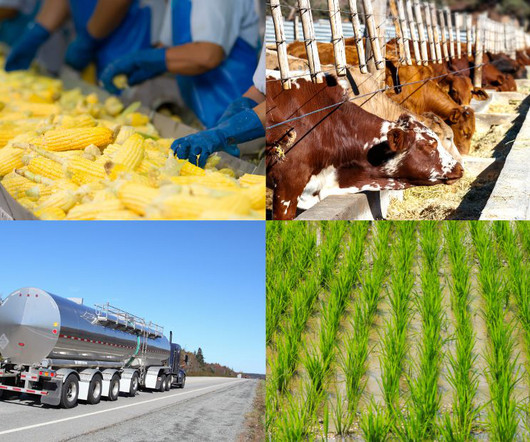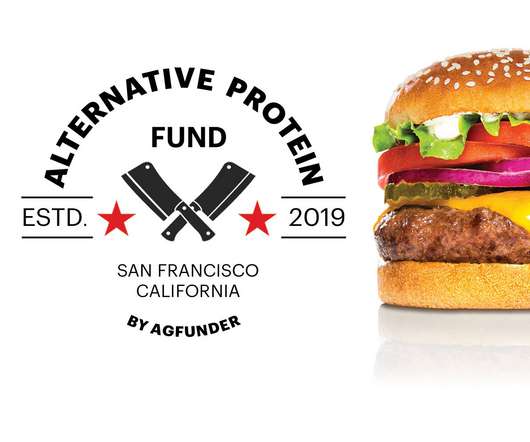Sustainable Catering: Small Business Guide
Green Business Bureau
JULY 22, 2021
Providing recyclable to-go boxes and encouraging customers to take home leftovers is another effective way to reduce waste. Depending on what materials your local collection facility accepts, plastic tableware can be rinsed and recycled. Plant-based meat replacements that look and taste like meat are also becoming more available.
















Let's personalize your content